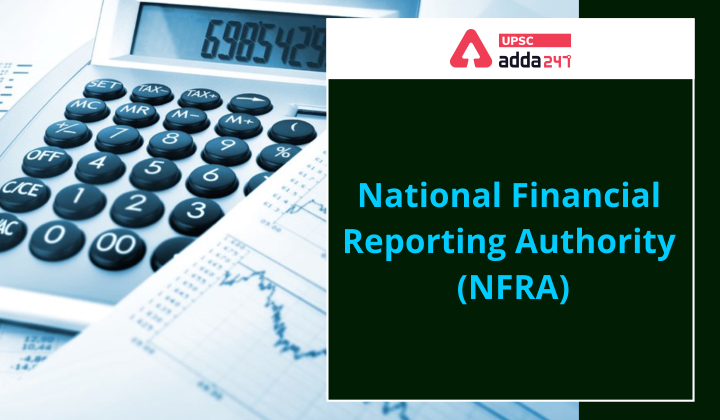Table of Contents
National Financial Reporting Authority- Relevance for UPSC Exam
- GS Paper 2: Indian Constitution– Statutory, regulatory and various quasi-judicial bodies.
WHO Global Air Quality Guidelines 2021-Impact on health and key changes
National Financial Reporting Authority- Context
- Recently, the National Financial Reporting Authority (NFRA) has rapped ‘EY group firm’ SRBC & Co. LLP for failing to detect several problems in the IL&FS group’s transport venture while undertaking its statutory audit in 2017-18.
Get free video for UPSC CSE preparation and make your dream of becoming an IAS/IPS/IRS a reality
National Financial Reporting Authority- Key Points
- Background: Various corporate scams in the Indian financial system (for exa. Punjab National Bank) put the scanner on the role of the auditors and the Institute of Chartered Accountants of India.
- This led to the formation of the National Financial Reporting Authority by the government as an independent audit regulator.
- Formation: NFRA (the audit regulator of India) was constituted in 2018 by the Government of India under section 132 (1) of the Companies Act, 2013.
- Composition National Financial Reporting Authority: It is composed of one Chairperson, three full-time Members, and one Secretary.
- The chairperson shall be a person of eminence and having expertise in accountancy, auditing, finance or law to be appointed by the Central Government.
- Key Jurisdiction: Jurisdiction of NFRA would extend to large public companies that are not listed (threshold prescribed in the rules) and listed companies.
- The central government has the discretion to refer such other entities to NFRA for investigation, involving public interest.
UN Glasgow Climate Change Conference (COP 26)
National Financial Reporting Authority- Key Functions
- Recommendatory Role: NFRA Recommends accounting and auditing policies and standards to be adopted by companies for approval by the Central Government.
- Monitoring and Compliance: NFRA is responsible for monitoring and enforcing compliance with accounting standards and auditing standards.
- Ensure Quality and Professionalism: NFRA is entrusted with overseeing the quality of service of the professions associated with ensuring compliance with such standards and suggest measures for improvement in the quality of service.
- Ensuring Prevalence of Public Interest: One of the key duties and responsibilities is to protect the public interest.
The Right to Information Act 2005- Historical Background and Key Objectives




 TSPSC Group 1 Question Paper 2024, Downl...
TSPSC Group 1 Question Paper 2024, Downl...
 TSPSC Group 1 Answer key 2024 Out, Downl...
TSPSC Group 1 Answer key 2024 Out, Downl...
 UPSC Prelims 2024 Question Paper, Downlo...
UPSC Prelims 2024 Question Paper, Downlo...





